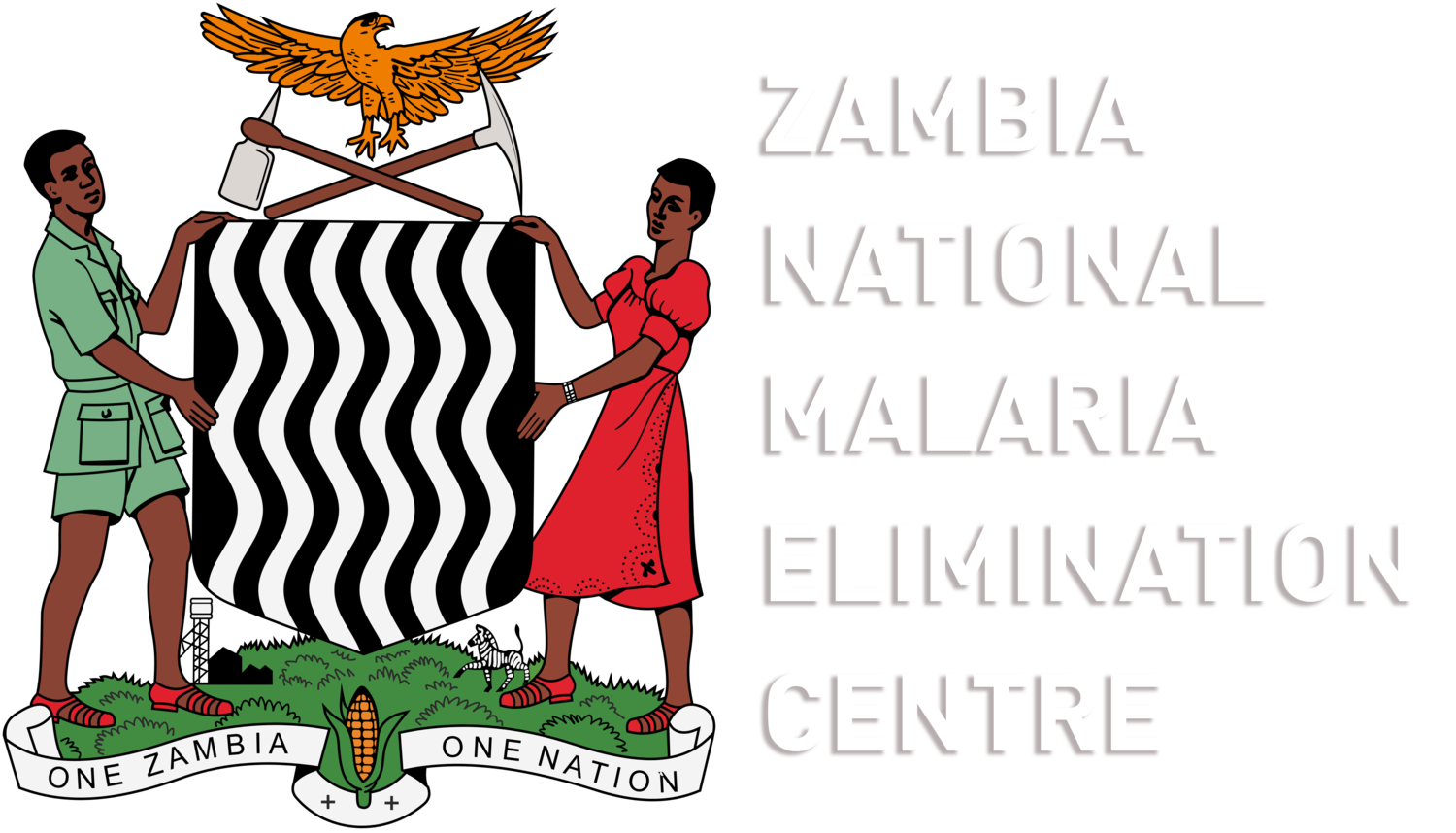38 Years a Community Health Worker
story and photo by Emma Lwando
Achieving progress on universal health coverage and the Sustainable Development Goal health targets requires a strong primary health care sector as a keystone of health systems.
Siadimbe Wesley shared his experience working as a Community Health Worker (CHW) in Sinafala Village in the Gwembe district of Southern Province since 1981.
“I was selected to come for the training as a CHW,” he explained, “so we can diagnose and treat community members in the village to avoid death from malaria.”
Mr. Siadimbe explained that prior to this, community members in Sinafala village had no access to treatment for illnesses like malaria.
“Community members needed to get to Sinafala Rural Health Facility and patients could die for lack of transport and long distance,” he said. But now, CHWs provide treatment of malaria right in the village.
Siadimbe was among the first Community Health Workers trained by National Malaria Elimination Centre (NMEC) with support from Malaria Control Elimination Partnership in Africa (MACEPA). He now balances farming with providing for the health needs of his community members. On weekdays, he tests 15 people for malaria, and often six of them will test positive for malaria. He typically spends seven hours per day working as a CHW, which includes raising awareness among his community members about malaria, providing basic treatments, and following up with recently treated patients.
One of the greatest challenges of his work is that he can be called upon at any time to attend to patients in the community.
“If I’m going to the farm, people have to bring me back. It’s a lot of responsibility to think, ‘If I leave my home for farming, who will treat the patients?’ This challenge is worth it though. I became a CHW to save lives.”
Mr. Siadimbe recognizes the impact of his work, saying, “When I diagnose and treat malaria, people cannot die.” He realized the training as an opportunity to advance his skills and to do his best in educating the community members about malaria for a healthier community.
When asked what recommendations he would give to new Community Health Workers, Mr. Siadimbe said, “If they are selfless, they will be successful like me.”
Entomological Surveys in Southern Province
photos by Jimmy Sakala
In response to increased malaria transmission, Javan Chandra and Jimmy Sakala conducted entomological surveillance in Southern Province. These surveys help MACEPA understand where exactly the transmission is coming from, the presence of the vector, and its characteristics and type. It also helps to identify the specific vector species responsible for transmission in an area.
Entomological surveillance officer Javan Chanda demonstrates to a Community Health Worker how to assemble a CDC-Light Trap for collecting adult mosquitoes in Sinazongwe
The surveillance team collects mosquito larvae
Mosquito larvae samples






